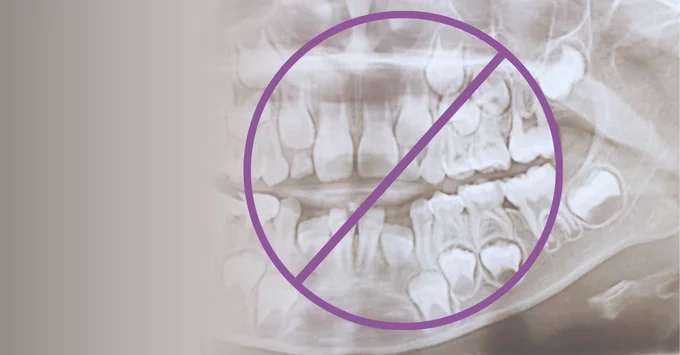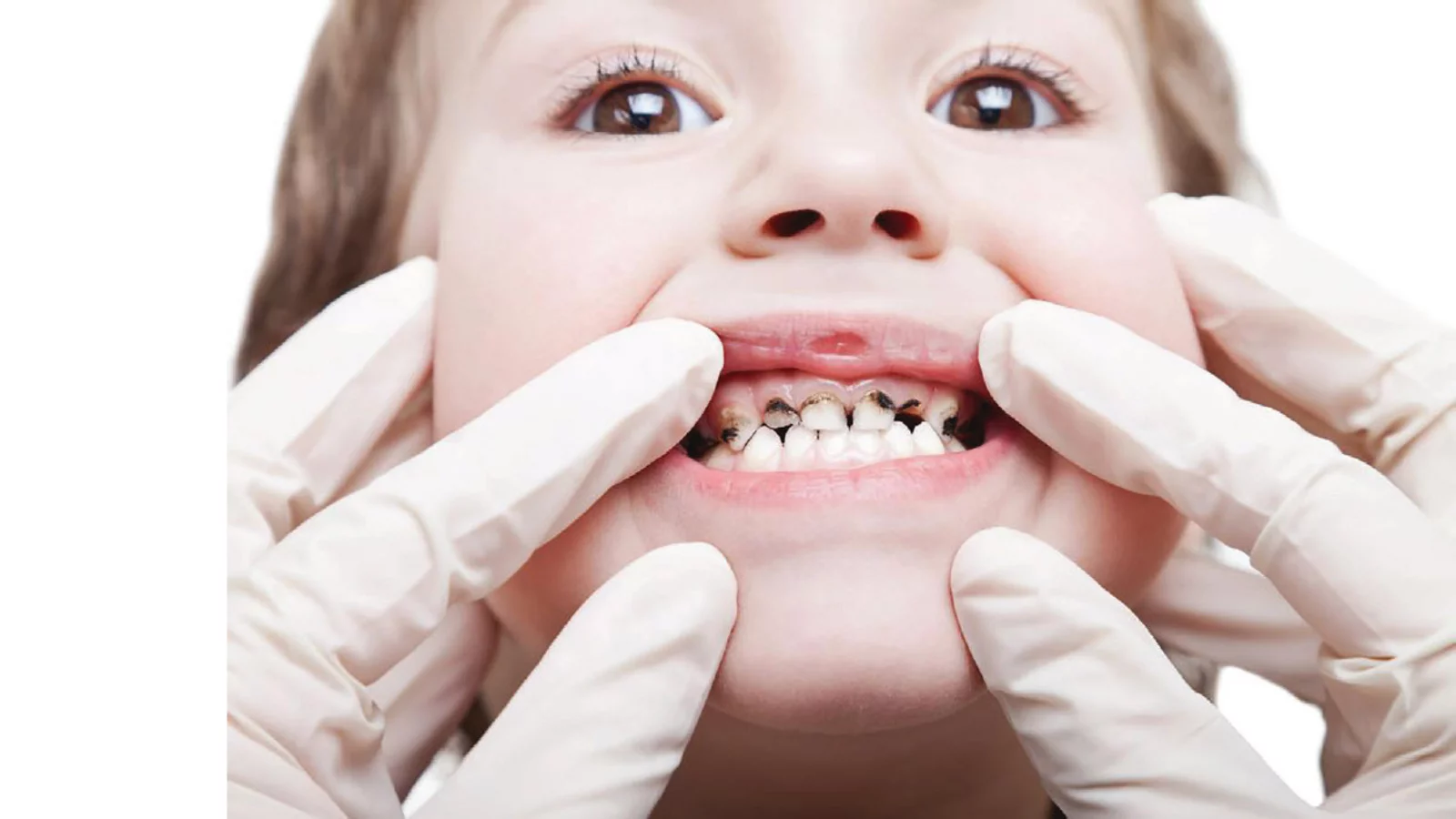By JoAnn Gurenlian, RDH, MS, PhD, AAFAAOM, FADHA
December 4, 2023
The FDI World Dental Federation recently presented a position paper on free sugars noting that untreated caries is a major oral health concern worldwide with 2 billion cases affecting permanent teeth and 510 million cases affecting primary teeth. Excessive consumption of sugars from snacks, processed foods, and sugar-sweetened beverages (SSB) is a major risk factor for this oral disease as well as for cardiovascular disease, cancer, obesity and diabetes.
Free sugars offer little nutritional value but are often added to foods and drinks. Free sugars include monosaccharides such as glucose and fructose and disaccharides such as sucrose which may be present in honey, syrups, fruit juices and fruit juice concentrates. Although the WHO recommends the daily intake of free sugars be limited to 12 teaspoons for adults and 6 teaspoons for children, the FDI notes that a further reduction to 6 teaspoons for adults and 3 teaspoons for children would provide improved health benefits, including minimizing the risk of dental caries.
Key aspects of the FDI Position on Free Sugars include:
- Every country should have a policy by 2030 which addresses sugar consumption. In this way, the overall health and well-being of populations can be improved.
- Sugar is a leading risk factor for tooth decay. Reducing its production, marketing and consumption will reduce oral diseases, diabetes, obesity and other noncommunicable diseases.
- Integrated approaches to nutrition counseling should be explored by addressing general health aspects, and those linked with oral health should be explored.
- The sponsoring of health, sporting, and corporate events by producers of unhealthy food and beverages should be banned and all health-related congresses should be SSB free events.
- Primary health care workers, including dentists, dental teams, and public health practitioners play an important role in delaying sugar consumption in the very young and must play a leadership role in the promotion of healthy food policies and lobbying key decision makers on the regulatory changes needed.
- Dental associations and associations representing other health professionals, as well as international agencies, should advocate for and support integrated strategies to reduce free sugar consumption addressing equitable access to appropriate oral healthcare, oral health literacy, health promotion, policy implementation, health surveillance and monitoring.
- Sugar in baby foods should be eliminated and strongly regulated and children should not be exposed to free sugars in their diet before the age of 24 months.
- Preschools and schools should incorporate lessons on nutrition and healthy eating into the curriculum as well as raising awareness among parents to improve oral health literacy.
- Policies to reduce availability of free sugars such as “water only” policies should be introduced in schools, dental clinics, hospitals, workplaces, and other institutions.
To read the entire FDI position paper, access it here.
____________________________________
This article summarizes the research white paper “FDI Position on Free Sugars ” as published online by the FDI World Dental Federation, December 2023. (https://www.fdiworlddental.org/sites/default/files/2023-10/EN_FDI_Position%20statement%20on%20free%20sugars.pdf)
JoAnn Gurenlian, RDH, MS, PhD, AAFAAOM, FADHA, is the ADHA Director of Education, Research and Advocacy, professor emerita in the Department of Dental Hygiene at ISU, and former president of the American Dental Hygienists’ Association 1990-1991.


